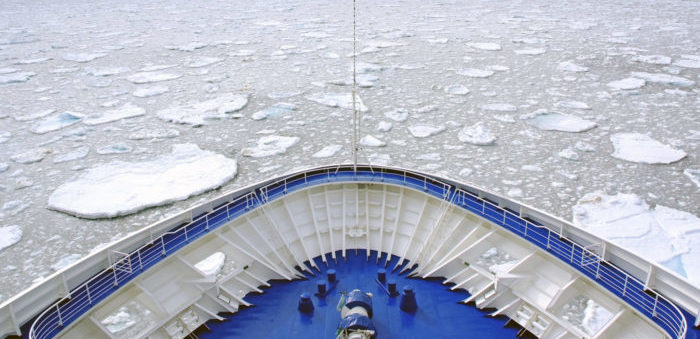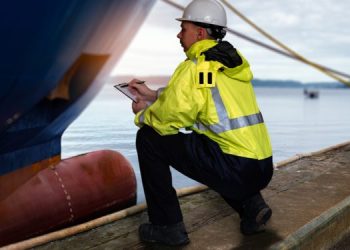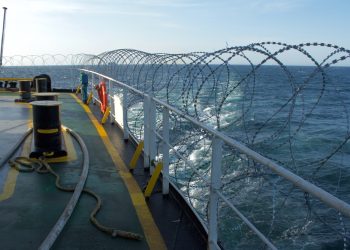The International Maritime Organization’s Pollution Prevention and Response (PPR7) meeting began on February 12 as the landmark of discussions around the Arctic’s environment. Now, environmental groups ask the IMO to protect the Arctic marine environment from the impacts of international shipping.
Environmental groups and supporters call the IMO to agree to a new regulation banning the use and carriage of heavy fuel oil (HFO) as fuel by ships operating in Arctic waters during this week’s “Arctic IMO Summit” in London.
This week, the IMO will conduct the PPR 7, February 17 to 21, will discuss issues concerning measures to reduce risks of use and carriage of HFO as fuel by shipping in Arctic waters, and on the reduction of impacts of black carbon emissions from global shipping on the Arctic region.
It is reported that Canada is amongst the six of the eight countries that have already supported banning the HFO from Arctic.
During the PPR 7, the Clean Arctic Alliance will repeat its request for the IMO to require all vessels operating in the Arctic to switch to distillate fuels, in order to significantly reduce black carbon emissions and contribute to meeting ambitious targets set by the Arctic Council to reduce black carbon emissions.
Until new regulations can be developed and enter into force, the Clean Arctic Alliance is proposing that IMO Member States agree a Resolution at MEPC 75 (March 31- April 3rd) calling on ship owners, charterers, fuel providers and other stakeholders to implement a switch to distillate in the Arctic on a voluntary basis.
Recently, it was reported that some new low sulphur fuel oils with a high aromatic content could increase black carbon emissions, add to the urgency of such a switch. Therefore, the Alliance is requesting the IMO to support the development of a global rule prohibiting fuels with high black carbon emissions.
Dr Sian Prior, Lead Advisor to the Clean Arctic Alliance stated that
With the effects of the climate crisis already having significant impacts across the Arctic region and Arctic routes opening up to increasing ship traffic, IMO Member States must strongly support the introduction of a HFO ban this week.
He added that any delay on the ban will prolong the threat of an HFO spill in the Arctic, and the IMO should not entertain any arguments calling for a delay in the implementation of an Arctic ban on HFO.




































































